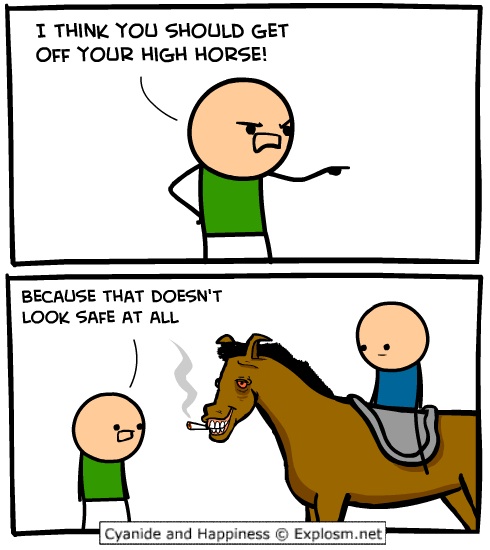One of the big problems with medical "marijuana" is what you mean exactly by marijuana. If you've ever been to a weed dispensary you know there are anywhere from dozens to hundreds of different strains with varying concentrations of different cannabinoids. Then you've got variations with sattiva/indica/hybrid. Then there are different preparations from plant/flower marijuana most people think about, to hash oil, to edibles, and so on. And we don't have specific research to know which variant may or may not be good for a certain condition. So, you may prescribe or recommend marijuana for a diagnosis and the patient gets a variation of marijuana that is totally ineffective, or maybe detrimental.
Another problem is effective dosing has not been established. We don't do this with any other medication. Does your patient take 1 puff daily, or 50 mg of edibles t.i.d., or maybe just stay totally baked all the time? Could you imagine rx'ing lisinopril in this manner.
Until cannabis is moved to DEA schedule II, and good studies can be done, there will be underwhelming available research to make medical recommendations with much confidence.



